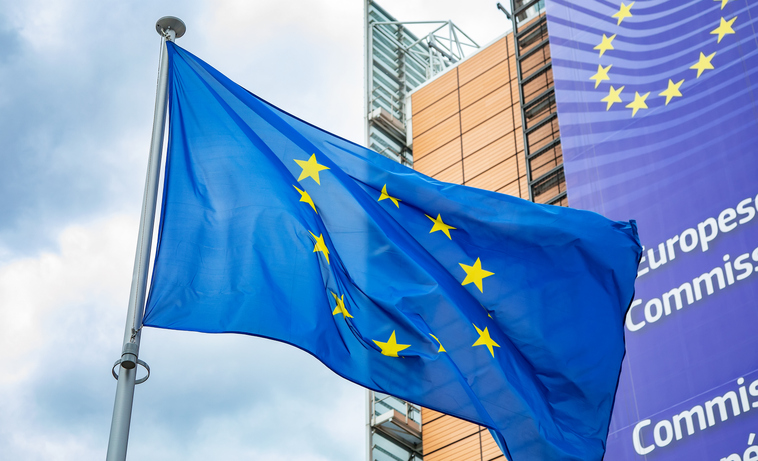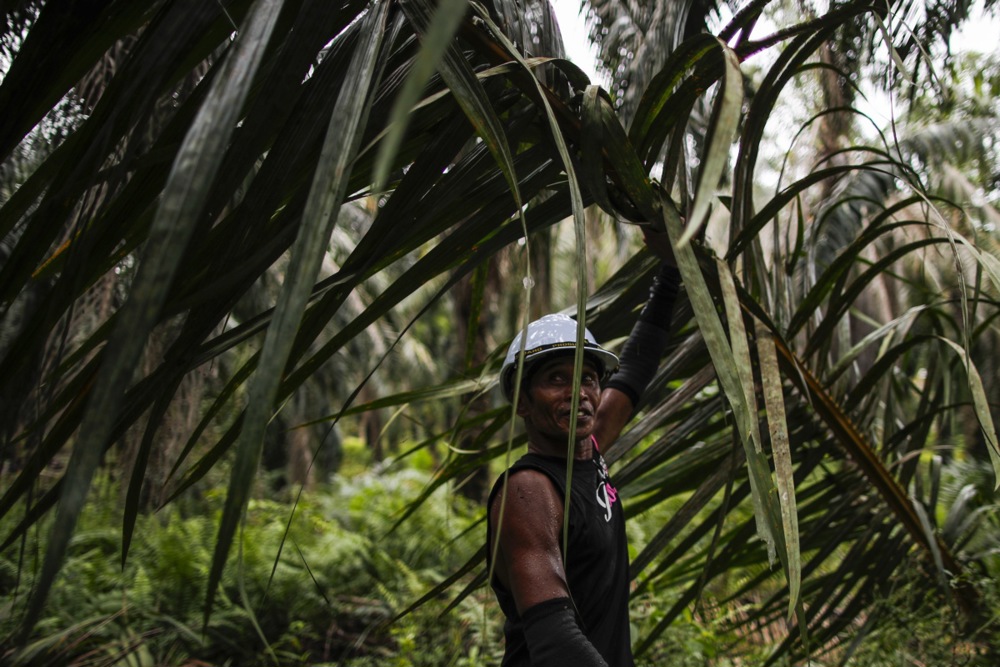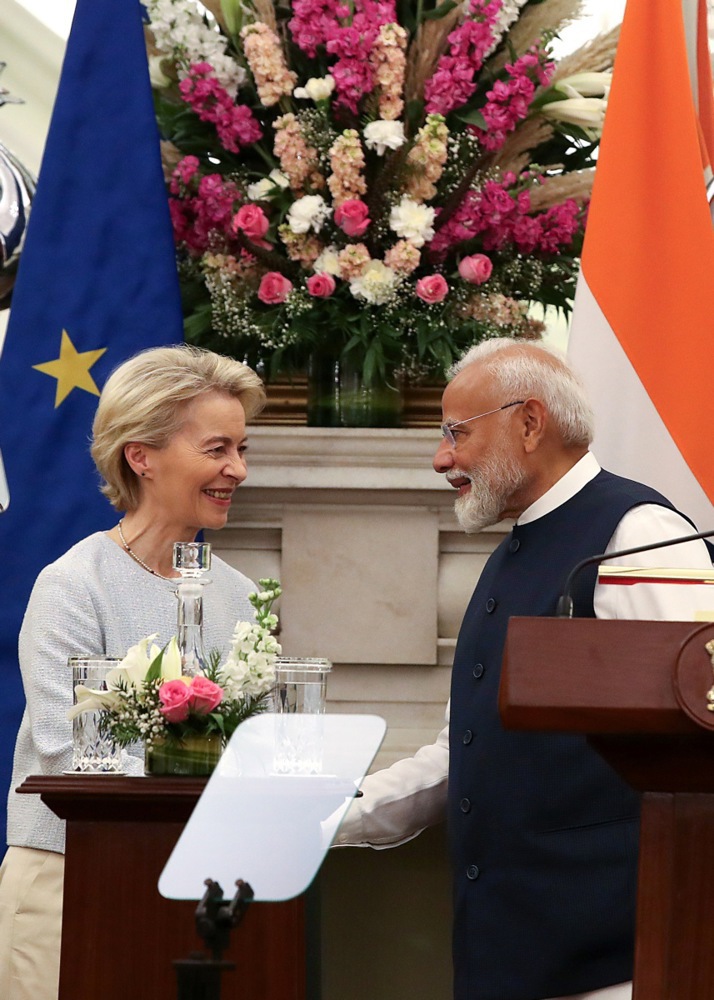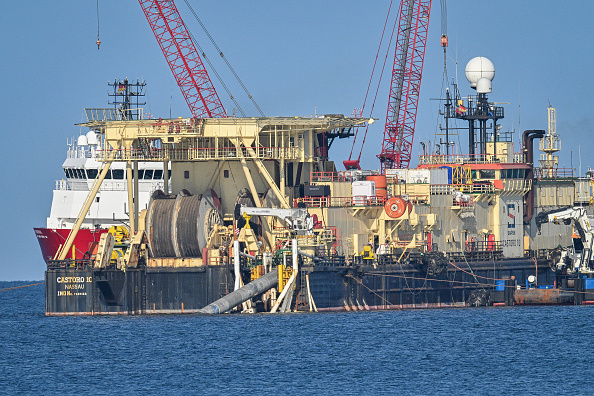The European Union has scrambled to revive long-stalled trade talks amid trade tensions caused by US President Donald Trump’s global range of tariffs.
For years, Brussels’ regulatory standards — especially regarding the environment, labour and consumer protection — have held up negotiations with countries ranging from India to Mexico and beyond.
Yet with US tariffs upending worldwide supply chains, the EU has re-engaged with nations once deemed too difficult to work with.
On April 2, after the imposition of car, steel and aluminium tariffs and threats of more to come, Trump imposed a 20 per cent blanket tariff on EU industrial goods. That has been temporarily reduced to 10 per cent for 90 days and they are negotiating, making each other offers. EU exporters have thus remained on edge.
The bloc has now to choose between sticking to its core values or moving towards pragmatic economic diplomacy, according to a report published by ING in April 2025.
ING warned that Europe’s share in global exports could drop further if it did not secure new markets access soon.
“The Trump tariff shock has forced a reckoning in Brussels,” the report read.
The EU has been obliged to make resilience a priority in its free-trade agenda but achieving it was not as straightforward as it seemed, it added.
Indeed, it said, “values and regulations” that had made trade negotiation stale in the past could continue to do so despite the EU actively seeking to diversify trade away from the US.
“Our European standards — food, health, social, environmental — must be red lines and certainly not adjustment variables,” Yvan Verougstraete, MEP and President of Belgian Les Engagés party told Brussels Signal on April 23.
“The trade war declared by Donald Trump must in no way be a reason to lower European standards, whether ethical, social, or environmental. That applies to our exchanges with the United States, but also with any other potential partners,” he added.
Still, according to the ING report, Brussels was beginning to frame its values less as entry requirements and more as implementation targets.
Negotiators have become increasingly open to sequencing — where key environmental or labour rules were agreed politically but enforced later. The report described this as “tiered conditionality”. Experts noted it allowed Brussels to present values as red lines without blocking deals entirely.
This meant EU norms were “part of” negotiations but not always “up to” negotiation in the strict sense — sometimes repackaged as long-term commitments rather than immediate preconditions, it said.
While the EC was adjusting the mechanics of negotiations, some lawmakers and civil society groups have wanted to overhaul the logic behind the bloc’s trade policy itself.
In negotiations with Indonesia and Mercosur, campaigners have called for a values-first approach, not just as add-ons but as the structural foundation of the agreements.
In Jakarta, that included stronger guarantees on transparency and indigenous rights.
In South America, NGOs argued that any deal must be enforceable on deforestation and labour rights, not just aspirational.
“It’s high time we rethink trade agreements in depth,” Verougstraete added. “I believe we must move away from free trade and towards just trade.”
The European Commission has launched a series of outreach initiatives in recent weeks that included China, with whom trade relations have been tumultuous in recent years.
Faced with 145 per cent US tariffs, China has been positioning itself as a pragmatic alternative.
On April 24, Beijing announced its intention to lift sanctions on EU lawmakers — a precondition for reviving the EU-China Comprehensive Agreement on Investment (CAI), the Financial Times reported.
At the same time, the EU remained cautious. Strategic dependencies, concerns over electric vehicle “dumping” and unresolved human rights disputes continued to cloud negotiations.
Despite that, both sides saw an incentive to cool tensions ahead of a July 2025 summit in Beijing.
Beijing also appeared to hope to prevent a redirection of US-bound exports toward the EU, which could exacerbate the EU’s trade deficit.
Estimates from asset management firm Eurizon, headquartered in Milan, suggested a 70 per cent surge in the Chinese trade surplus with the bloc to $420 billion (€370.2 billion) if current dynamics held, as up to a third of Chinese exports to the US could be redirected to Europe, Bloomberg reported recently.
Earlier in April, Beijing signalled they would lift sanctions on several European members of parliament, including sitting MEPs, in a move apparently aimed at reopening the door to the shelved EU-China Comprehensive Agreement on Investment, the Financial Times reported.
The sanctions, imposed in 2021 in retaliation for EU measures over human rights abuses in Xinjiang, had effectively frozen political dialogue and made ratification of the pact impossible.
Commission officials have suggested limited sectoral co-operation on electric vehicles, investment access and digital regulation as potential building blocks for a broader détente.
The Chinese Government has proposed minimum price quotas on electric vehicles as an alternative to the 45.3 per cent tariffs the EU imposed last year, while also signalling openness to easing access to its public procurement market.
Several other stalling free-trade agreement negotiations have recently been reopened.
The EU’s agreement with Mercosur – finalised in December after more than 20 years of talks — was still at risk of stalling before it came into force.
Several EU member states have expressed reservations, citing weak enforcement on environmental protections and a lack of legal guarantees on labour rights.
But with Brazil and Argentina pushing for swift implementation, the commission was now considering provisional application of the agreement, bypassing the full ratification process in national parliaments.
Talks with India, on the other hand, which had been frozen over data governance and digital sovereignty, have started moving again.
New Delhi, facing tariffs on steel and pharmaceuticals, has shown greater flexibility on regulatory alignment. The EU, for its part, appeared willing to shift sensitive issues including cross-border data flows to follow-up protocols, rather than insisting on binding clauses upfront.
Both sides have been treating the agreement less as a single package and more as a platform to expand later.
In Mexico’s case, the EU has been rushing to push through ratification of a deal already signed in January 2025 but long delayed over digital standards and intellectual property, according to Mexican media.
European officials were now hoping the agreement could serve as a template for “cooperative digital convergence” that doesn’t require full EU-style regulation from day one. It is one of the few cases where the European Parliament may accept a delay in implementation, so long as key chapters remain legally binding in principle.
With Indonesia, where concerns over palm oil transparency and deforestation blocked progress for years, the EU is now focused on reframing the trade deal as a channel for environmental engagement, rather than enforcement.
Negotiators have stopped pushing for hard conditionality on forest products, and are instead exploring “progressive benchmarks” tied to Indonesian domestic reforms. Civil society organisations remain wary, but with Jakarta under pressure to secure export markets in the face of declining Chinese demand, there is new momentum—if not consensus.
Thailand, too, came back to the agenda. The Commission resumed negotiations in 2023 after nearly a decade of suspension over democratic backsliding, but progress had remained slow until now. Bangkok, facing potential US tariffs on its $55 billion in annual exports, has declared the EU deal a pillar of its national economic security.
The two sides concluded a fifth round of talks at the end of March, with both aiming to reach a final deal by the end of the year. The EU has stopped publicly linking political conditionality to the military coup of 2014 and has instead framed the agreement as a path toward “resilient bilateral relations”.
In the Philippines, where free-trade talks were on ice since 2017 due to concerns over rule of law and extrajudicial killings, Brussels has taken a similar tack.
While human rights conditions remained a sticking point, the EU was reportedly exploring phased agreements that side-lined the most politically sensitive chapters until later. This allowed both sides to sign something without resolving everything.
Regarding Malaysia, reforestation rules have continued to complicate efforts to relaunch formal negotiations, with Kuala Lumpur arguing that new EU legislation effectively discriminated tropical commodity producers.
For now, talks have remained in limbo, although commission officials said they are working to “reframe the conversation” around sustainable development goals. Whether this rhetorical shift would be enough to salvage the deal remained unclear.
In Switzerland, institutional fatigue had all but paralysed trade talks, as disputes over EU law alignment dragged on for years, the BBC reported.
With Swiss exporters now exposed to potential US retaliation, though, there has been renewed appetite to unblock technical talks.
A fresh push was underway to secure limited sectoral agreements, especially in medtech, without resolving the broader political conflict.
This piecemeal approach, once dismissed as incoherent, was now seen by those involved as pragmatic.





